Founded in 1990, Sharpe Products is an ISO 9001:2015 certified company specializing in industrial and commercial pipe and tube bending, laser cutting, end-forming or other custom fabrication services. In addition, we offer a robust line of architectural handrail fittings and accessories such as brackets, connectors, disks, end-caps, flanges, newel caps and spheres.
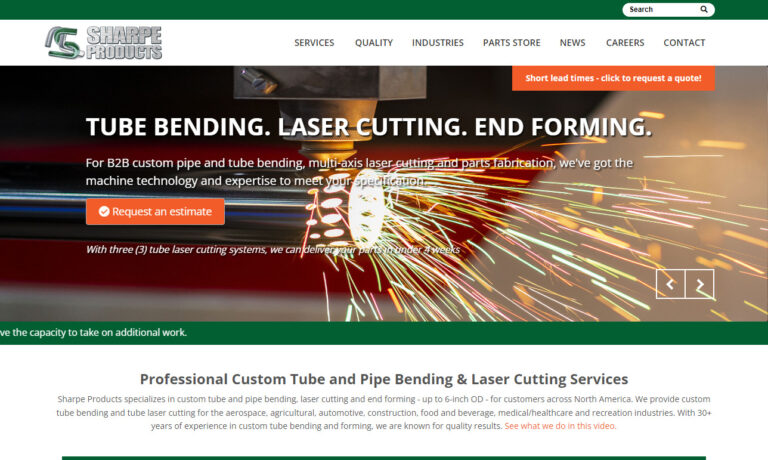
Founded in 1959, Tube Bending Technology has its roots in the Apollo space program. With such a legacy, we take quality, performance and customer satisfaction very seriously. Our custom tubing services include tube bending and coiling, end finishing, processing, machining, welding/brazing, helium leak detection and more. At TBI, we live and breathe quality. To show our commitment, we are ISO...

At KMK Metal Fabricators, Inc., we pride ourselves on being industry leaders in tube fabrication, offering a comprehensive range of services tailored to meet the diverse needs of our clients. With years of experience, a commitment to excellence, and a customer-centric approach, we have established ourselves as a trusted partner in the fabrication industry. Our core focus lies in providing...

SCR Precision Tube offers the best customer service in the industry, specializing in prototyping & design of tube, hose & fittings assemblies. Our CNC facility has full tube bending, cutting & swagging capabilities with elbows & straight tubing in steel, aluminum, copper & titanium. Email for a quote!

At TBC Metalworks, we take pride in our expertise in tube fabrication, offering tailored solutions to meet the diverse needs of our clients across various industries. With years of experience, a commitment to quality, and a customer-centric approach, we have established ourselves as a trusted partner in the fabrication industry. Our primary focus is on providing a comprehensive range of tube...

More Tube Fabricating Manufacturers
They are usually cylindrical, or round, but the cross-sections, or joinings may vary in shape according to application.
Fabricating is not the forming of tubing from raw materials, but rather includes: annealing, flattening, coating, buffing, sizing, welding, notching, piercing etc existing tubing to meet specific needs. These highly specialized processes require specialized equipment, especially as tubing is often a crucial component of an operation. Tubing is a common feature in many different fields and choosing a particular type includes considering factors such as dimension, performance, opacity, strength.
Consumer items such as steel handrails, bars, bicycle frames, tent frames, displays and furniture use tubing. Industrial and manufacturing industries use hydraulic pipes in applications such as automotive fuel lines, exhaust pipes, hydraulic cylinders, and shell and tube heat exchangers.
Other examples of tubing formed include floor flanges and pipe elbows. Plumbing, engines, machinery, fluid transportation, HVAC processes are all further examples of areas in which tube is an important part and a further reason why precision fabrication is a valuable focus of tube manufacturers.
Types of machinery used in the process of tube fabricating use tube benders, mandrels for mandrel bending and tube swaging machines. These all require skilled engineers, operators and may require the assistance of CNC machines and CAD drawings. Tubing is often required to be very specific lengths and dimensions, and therefore using computerized equipment helps to eliminate human error and wastage. Cutting may include notching, punching or drilling.
Flaring and swaging are both cold working processes which expand the diameter of a certain length of tube or pipe, usually to make it capable of connecting with another tube. Hydraulic applications use tubing for a number of processes and it is important for the adjoining tubes to seal tightly to prevent escaping of air or pressure. Tube and pipe bending can be done by hand but is more often done by semi-automated and automated equipment which is faster and more precise than manual bending.
Using a mandrel prevents wrinkles on the interior of the tube around bends and corners and improves the overall quality of flow through the tubing. Tube rolling is the process of producing tubular parts through heat curing materials around a circular mold.







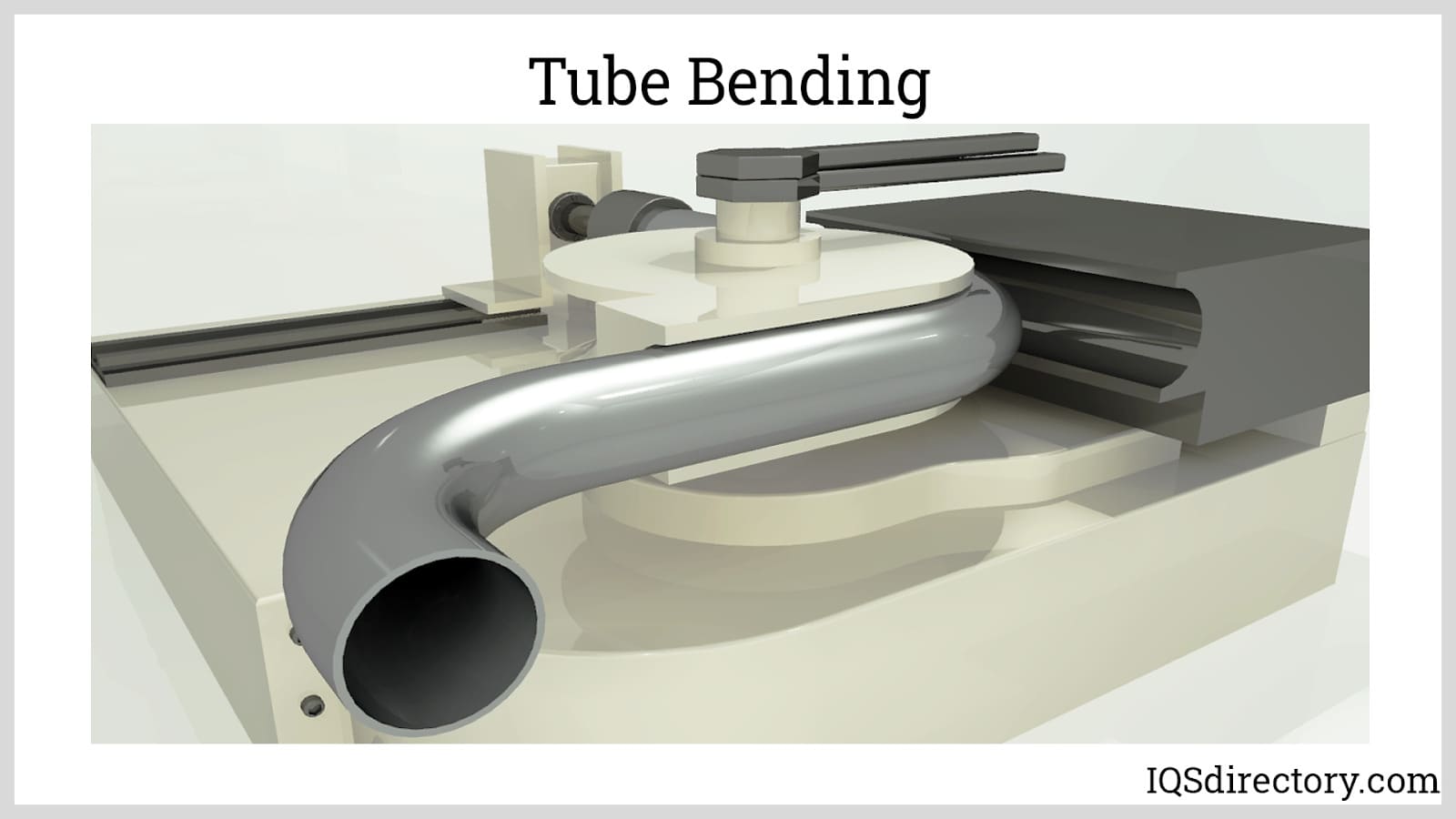
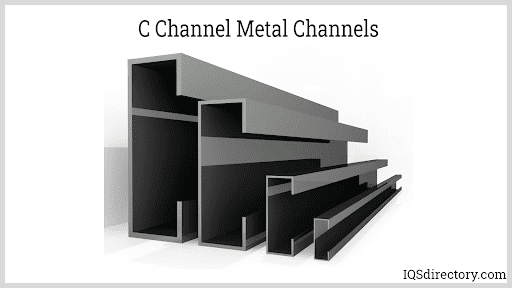

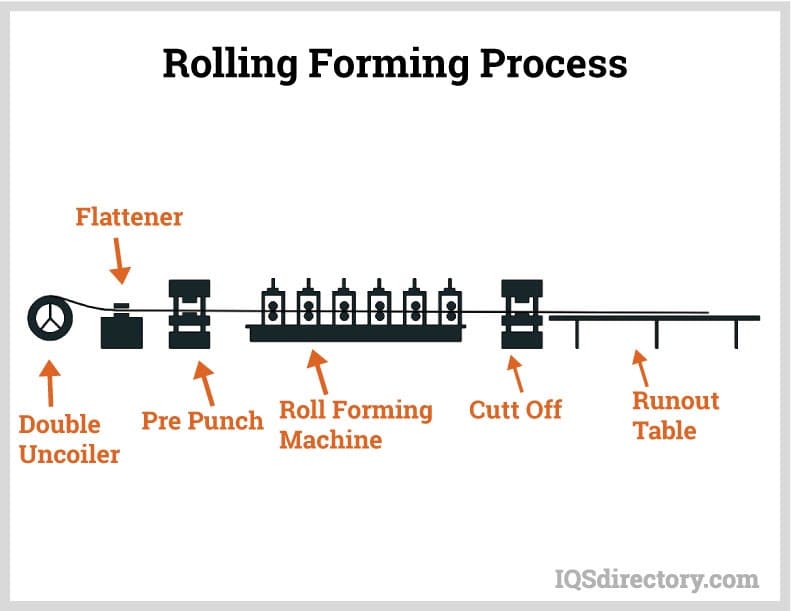
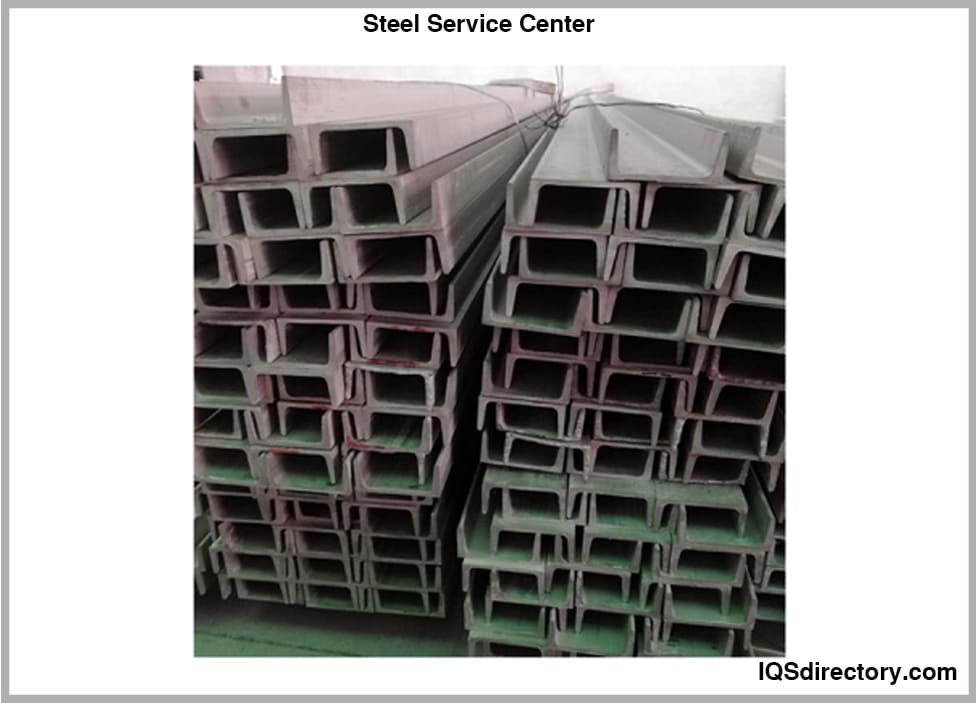
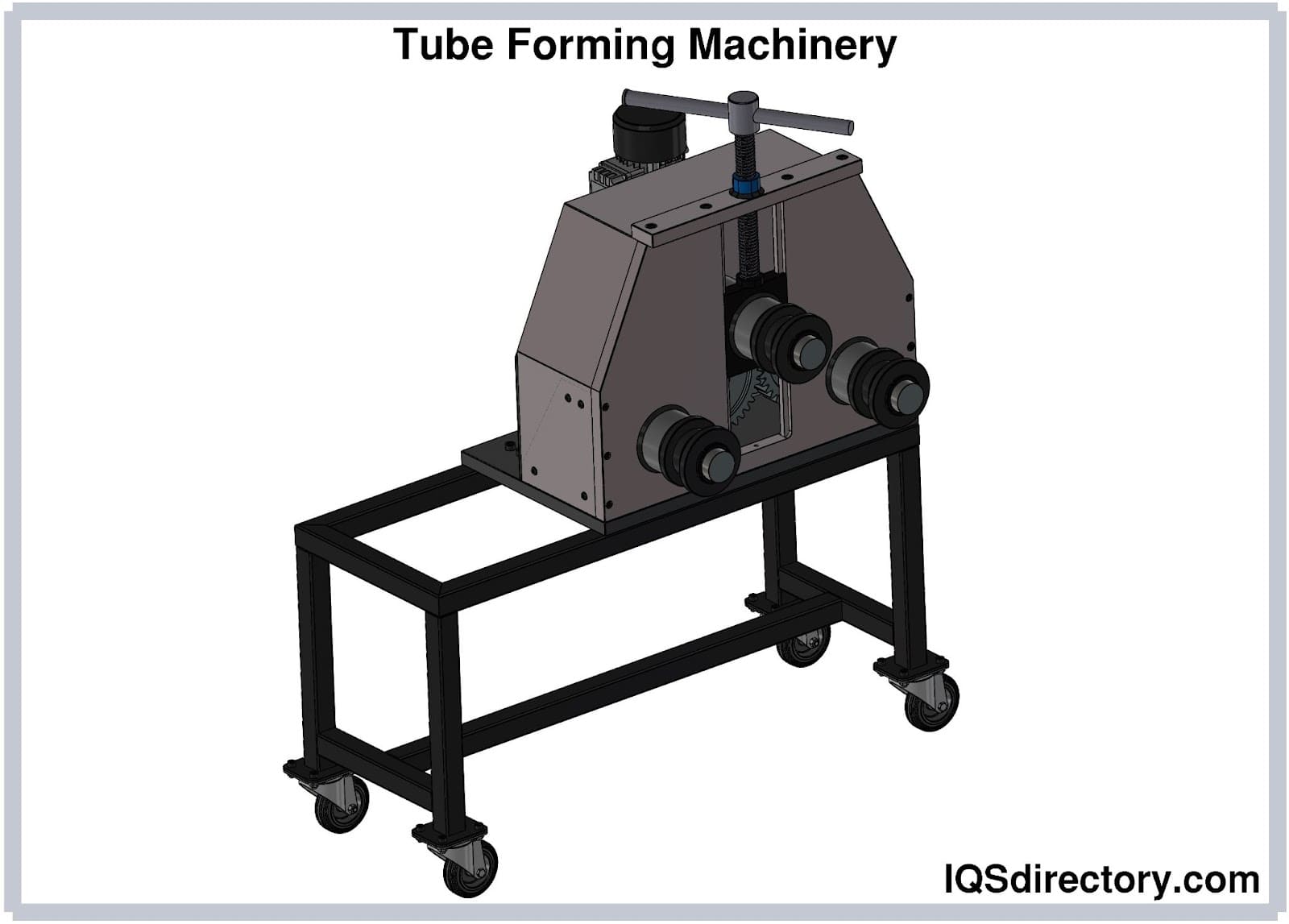
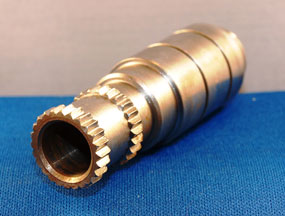 Broaching
Broaching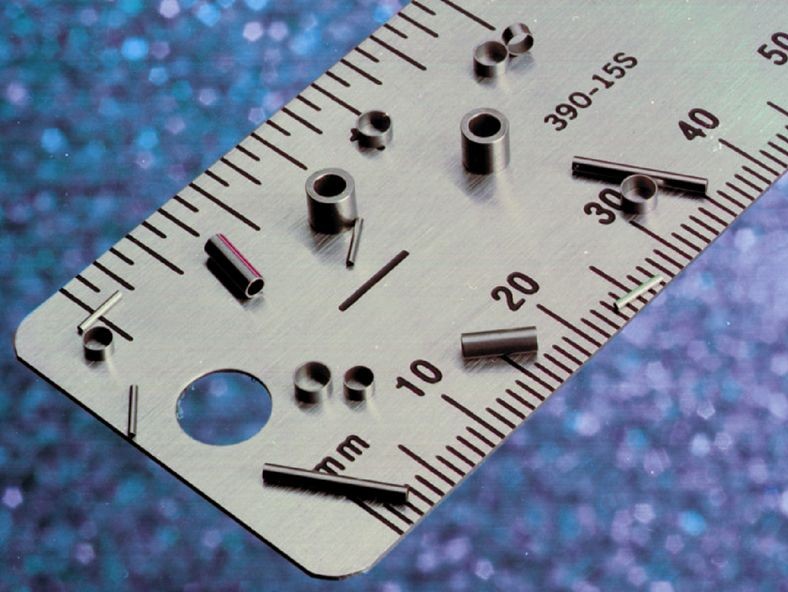 CNC Machining
CNC Machining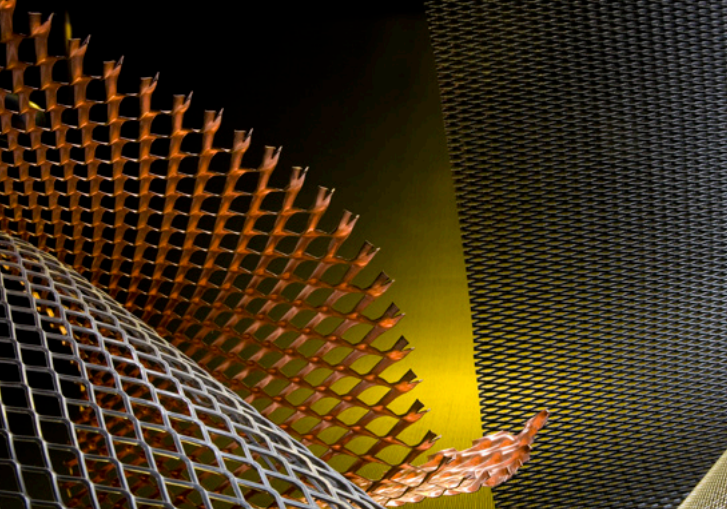 Expanded Metals
Expanded Metals Laser Cutting
Laser Cutting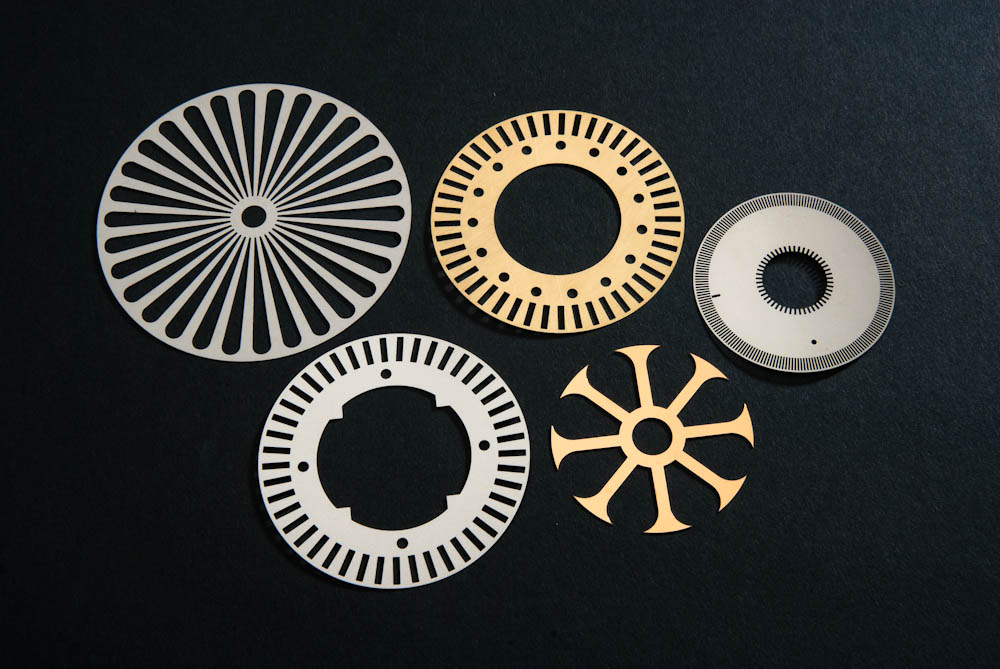 Metal Etching
Metal Etching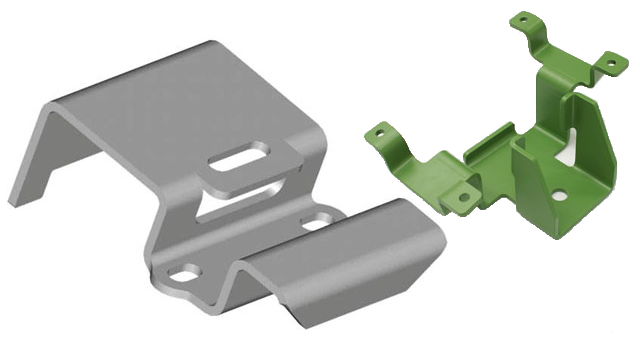 Metal Fabrication
Metal Fabrication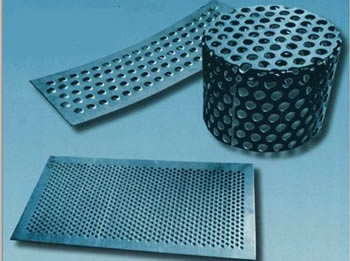 Perforated Metals
Perforated Metals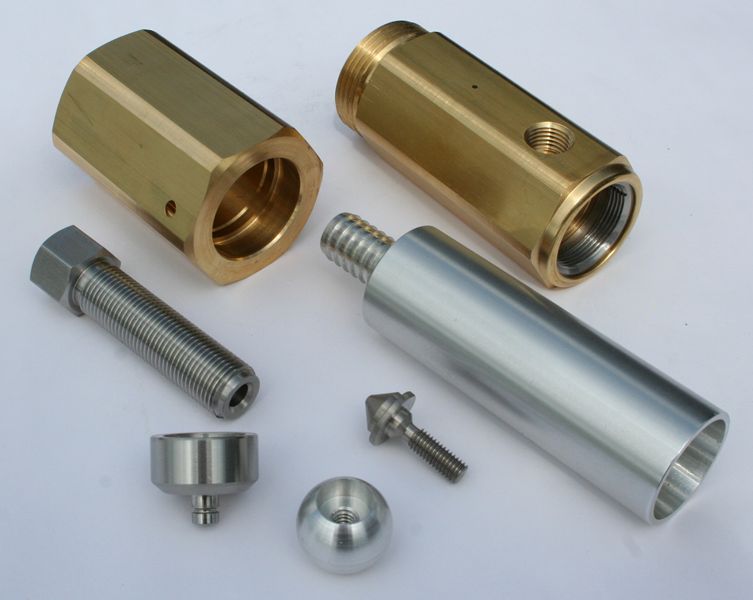 Screw Machine Products
Screw Machine Products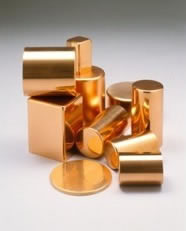 Metal Stampings
Metal Stampings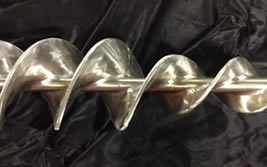 Sheet Metal Fabrication
Sheet Metal Fabrication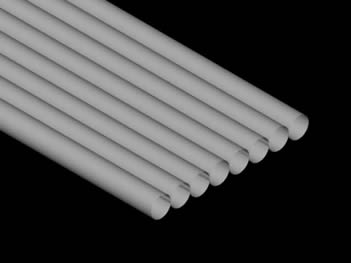 Tube Fabrication
Tube Fabrication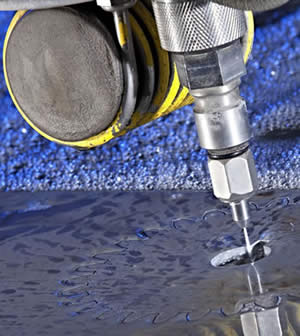 Water Jet Cutting
Water Jet Cutting Castings & Forgings
Castings & Forgings Bulk Material Handling
Bulk Material Handling Electrical & Electronic Components
Electrical & Electronic Components Flow Instrumentation
Flow Instrumentation Hardware
Hardware Material Handling Equipment
Material Handling Equipment Metal Cutting Services
Metal Cutting Services Metal Forming Services
Metal Forming Services Metal Suppliers
Metal Suppliers Motion Control Products
Motion Control Products Plant & Facility Equipment
Plant & Facility Equipment Plant & Facility Supplies
Plant & Facility Supplies Plastic Molding Processes
Plastic Molding Processes Pumps & Valves
Pumps & Valves Recycling Equipment
Recycling Equipment Rubber Products & Services
Rubber Products & Services